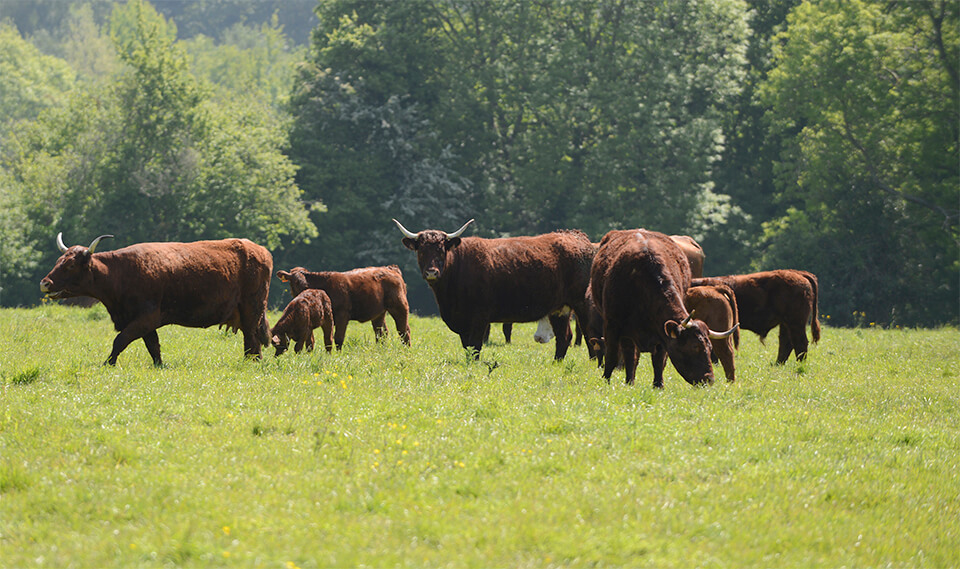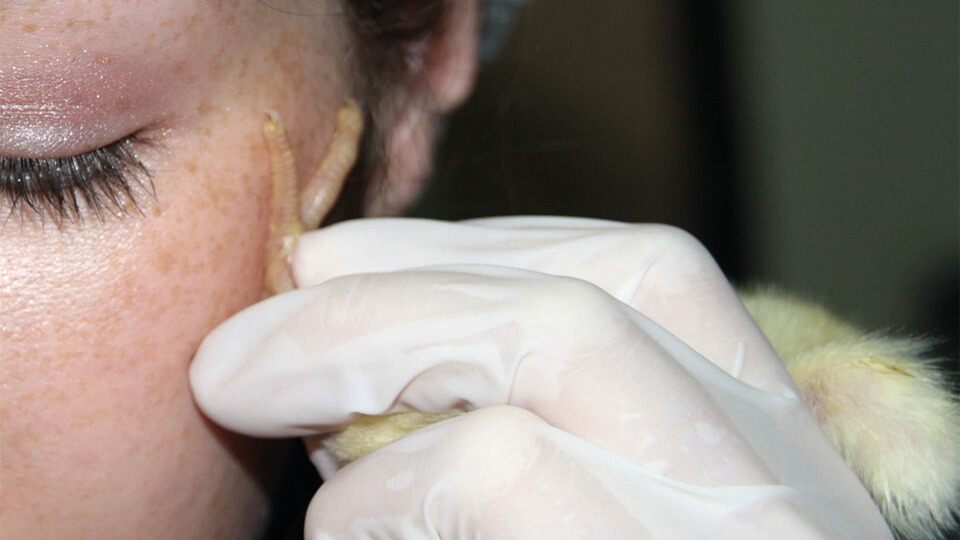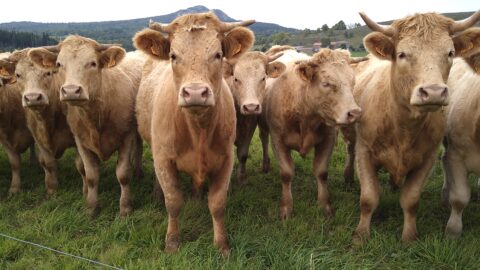The effect of stress in beef cattle and bulls on reproduction

Auteurs
Résumé
The economic sustainability of beef herds relies on achieving a reliable percentage of weaned calves. Traditionally we have focused on physical health and nutrition aspects to enhance reproductive efficiency. However, stress on beef farms is of outstanding importance. Once infectious diseases are controlled and optimum feeding programs implemented, we need to be aware of the fact, that stress situations have impact on secretion of gonadotropins and consequently reproductive efficiency of beef cattle and bulls. Therefore, stressors, which are frequently routine situations in these herds (passing through chutes, weaning, climate, social regrouping...) and specific control strategies, need to be foreseen, trying to minimize their impact, mainly on heifers and adult cows. Fertility of breeding bulls are also a key factor in herds, which include bull mating. Besides general management, stress management needs therefore, to be considered. Excitable adults have decreased reproductive efficiency and this excitability is strongly linked to individual temperament. This temperament can be detected early in life and could be used as a tool in selection process for both, cows and sires. Finally, when implementing reproductive biotechnologies, controlling specifically the stress with acclimation strategies is associated with improved results. Thus, opportunities exist, to improve sustainability of beef farms, through stress management strategies and through selection.
D'autres articles
Toutes espèces · Aucun thème
La cryptosporidiose
Découvrez aussi nos formations
05 février 2026
12h30 → 14h00
Bovins


